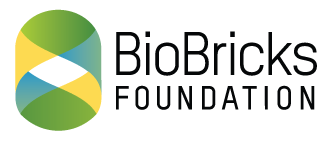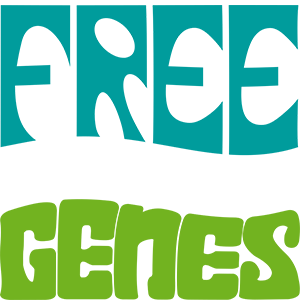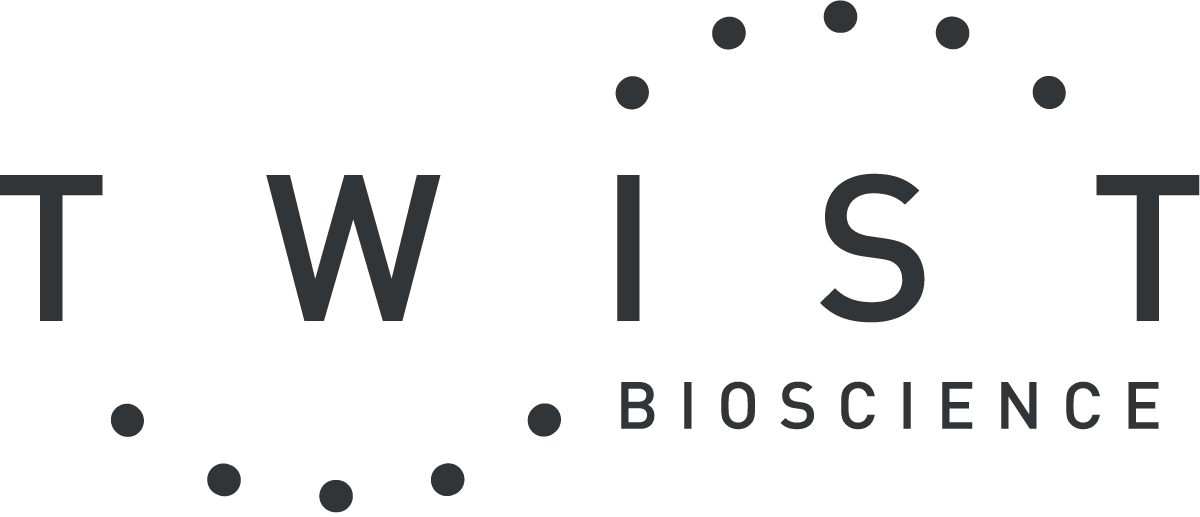The Free Genes Project
We need your help. Tell us what useful DNA sequences should be developed for an open biotechnology commons and we will make them for you! What's the catch? Materials will be made available for you and others under the OpenMTA so everyone can develop applications that benefit all people and the planet. See what we have already made at stanford.freegenes.org
What Happens Next?
It's kind of like having free beer AND freedom of speech. Hooray!
Click here to learn more
How It Works
What You Can Expect
2. Synthesis via Twist Bioscience now takes ~3-4 weeks to complete, depending on sequence complexity.
3. Once we receive the newly synthesized DNA, it is processed in one of two ways:
A. If you have requested DNA that can be made into MoClo-compatible parts, we will clone and sequence verify the DNA before shipping clonal plasmid stock to you.
B. If you have requested DNA that cannot be made MoClo-compatible, we will ship an aliquot of the raw synthesized DNA, keeping other aliquots for any other people interested.
4. The process of cloning and validation takes an additional ~2 weeks.
5. The Free Genes Project is still in beta, so please work with us to make this an efficient and productive community effort.
6. We are synthesizing, cloning, sequencing, and freely distributing 10,000 genes via the bionet.io project and under the Open Material Transfer Agreement (OpenMTA)




